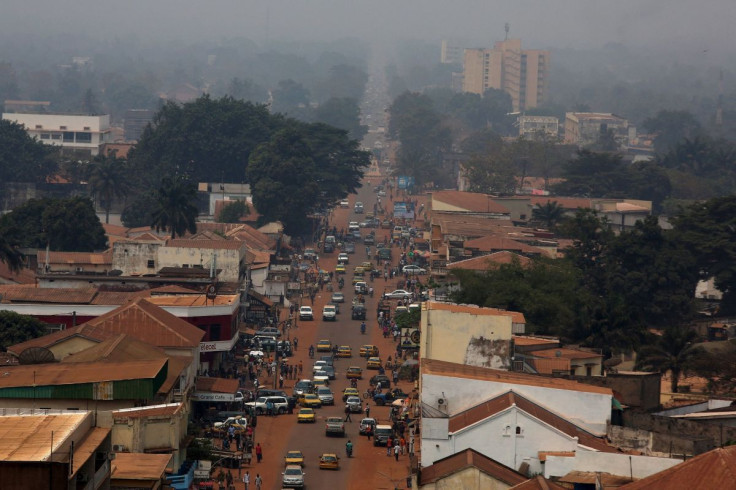After Adopting Bitcoin, Central African Republic Plans To Launch Investment Platform

The Central African Republic, a landlocked country in Central Africa, plans to debut the first legal crypto investment hub in the continent.
After becoming the second nation in the world to adopt Bitcoin, the world's biggest cryptocurrency, as legal tender, the Central African Republic now aims to go against the advise of the International Monetary Fund (IMF).
Being one of the world's least developed nations, the Republic was warned by the IMF that integrating blockchain-powered digital assets on such a large scale can potentially harm the country’s financial system as they are extremely volatile in nature. So far, the government of the country, under the leadership of Faustin-Archange Touadéra, has revealed no details of its Bitcoin vision.
The “SANGO” crypto initiative will be launched soon, which consists of a website where interested investors can sign up on a waiting list, as per Reuters.
“The formal economy is no longer an option,” Touadera said in a statement Monday. “An impenetrable bureaucracy is keeping us stuck in systems that do not give a chance to be competitive.”
As of now, there is no indication of when the investment hub will open or how will it operate. Due to a lack of internet access and electricity shortage, adopting Bitcoin has raised eyebrows and the IMF believes that usage of Bitcoin as a mode of payment will cause serious issues in the country. The fund also added that there are major legal, transparency and economic policy issues with adopting BTC as legal tender.
Gourna Zacko, the minister of digital economy and telecommunications, and Calixte Nganongo, the minister of finance, spearheaded the Bitcoin bill as it was passed by the country’s National Assembly with the aim of "economic recovery."






